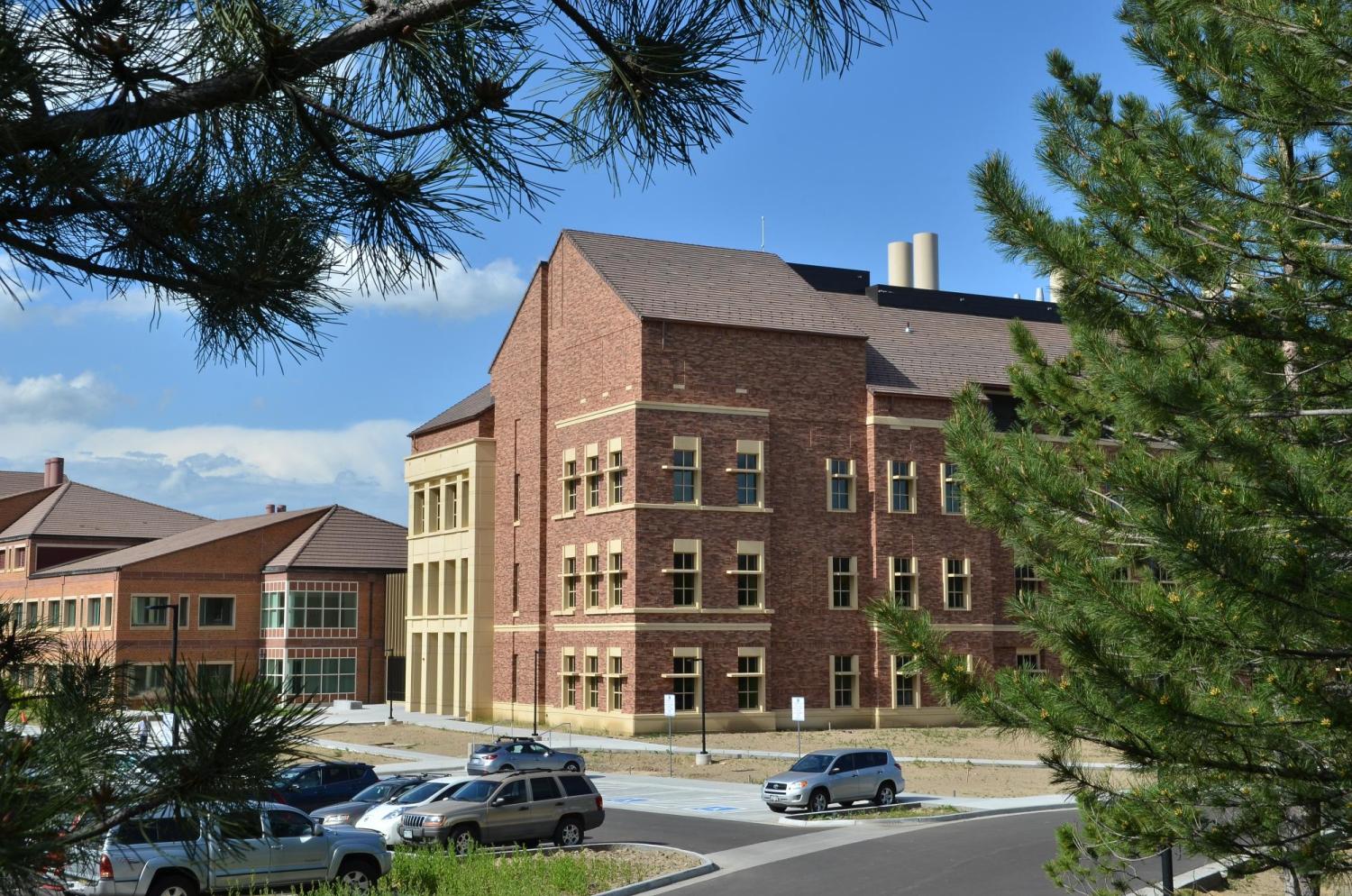CUPD to host regional training at SEEC beginning March 21
The University of Colorado Police Department (CUPD) will play host to an integrated training that includes approximately 35 members of regional police and fire departments, dispatch centers and emergency management teams. The first responders will train at the Sustainability, Energy and Environment Community (SEEC) building on CU Boulder’s East Campus, March 21–25. The training takes place during spring break, when most students will be away from campus and research facilities are not in heavy use.
The week-long training coincides with the one-year anniversary of the King Soopers shooting in Boulder. That event brought about an increased awareness of the need for coordinated tactics and response protocols. The training also expands upon a commitment made last year by public safety leaders in Boulder County to schedule comprehensive, coordinated trainings. CU Boulder hosted a large police training in December at Williams Village.
“No city is immune from active harmer events, as we know. This training will help prepare all first responder agencies to better respond in a coordinated manner,” said Doreen Jokerst, assistant vice chancellor for public safety and chief of police at CU Boulder. The university is sensitive to the timing of the training and will notify SEEC building occupants of planned events, as well as post ample signage around the area.
The Active Attack Integrated Response (AAIR) training is offered by the Department of Justice and will be taught by response experts from Texas State University. The CU Boulder campus provides a unique opportunity to train in a variety of locations, from classrooms to libraries to storage facilities, allowing first responders to train in realistic settings.
Community members may notice emergency vehicles in the area along Discovery Drive throughout the week, from 8 a.m until 5 p.m. daily. While the majority of the training takes place in classrooms, there will be some outdoor activities involving uniformed police officers, weapons or simulated weapons and the use of “blanks” that sound like gunshots being fired.
“These life-like simulations are designed to increase the safety of all community members, as first responders’ fine-tune their coordinated response efforts,” added Jokerst. During a week when many community members will pause to remember the lives lost last year, first responders will continue training for the future.



